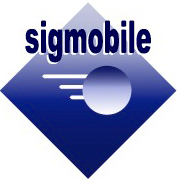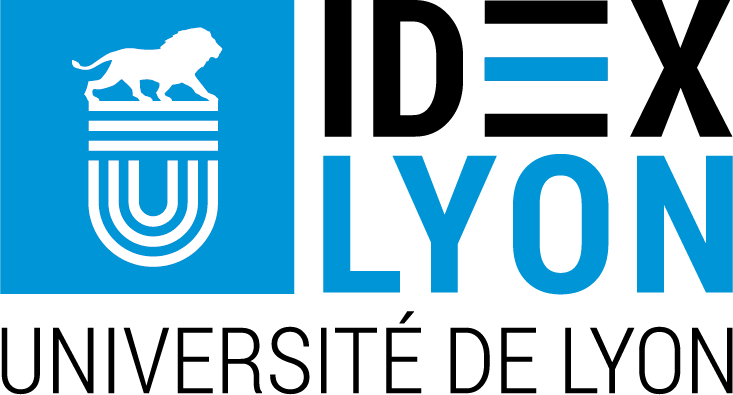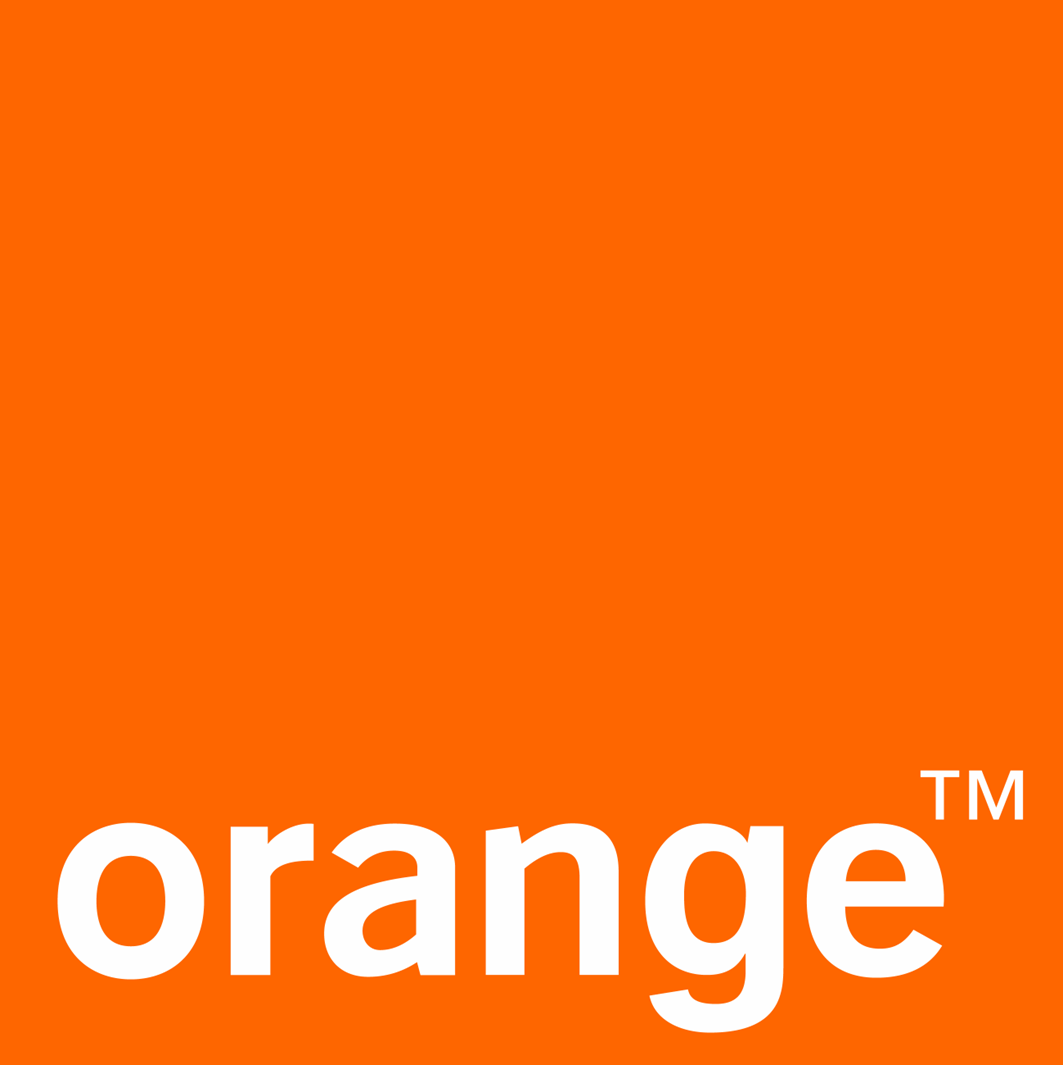Call for Competitors
Following the success of the previous four editions, the International Conference on Embedded Wireless Systems and Networks will host also this year a dependability competition to benchmark the performance of state-of-the-art low-power wireless protocols under the same settings and in harsh RF environments.
Scenario & Categories
The competition scenario will emulate the operation of a wireless sensor network where several co-existing devices are crowding the RF spectrum. In particular, the messages generated by several source nodes need to be collected at a single destination in a reliable, timely, and energy-efficient way despite the presence of interference.
In contrast to the previous editions, this year's competition will make use of nRF52840-DK wireless nodes. Contestants are free to use any of the technologies and physical modes supported by this platform.
Two categories are planned for this year's edition:
- Single-hop data collection. In this category, up to 20 source nodes generate raw sensor values of different length, which should be sent to the same destination. The latter is located in proximity of all source nodes and can be reached directly, i.e., in normal conditions, the sink can be reached by every source node within a single hop.
- Multi-hop data collection. In this category, up to 60 source nodes generate raw sensor values of different length, which should be sent to the same destination. The latter may be located several hops away from a source node, even when making use of the coded PHY layers available on the nRF52.
A detailed description of the scenario and evaluation procedure can be found on this page.
Format
The competition will take place remotely and the final results will be announced during EWSN 2020 in Lyon.
Contestants willing to participate to the competition must submit a short entry abstract describing their solution by the competition entry deadline. The entry abstracts will be used to pre-select the teams participating to the competition.
Accepted contestants will participate to a remote preparation phase during which they can test and optimize their solution on the competition infrastructure. At the end of this phase, all contestants will be asked to provide a single binary file for the final evaluation phase.
Each competing team will have the possibility to publish a competition abstract as part of the EWSN proceedings that will appear in the ACM Digital Library. Furthermore, a poster session dedicated to the dependability competition will take place during the main conference.
The winners of each competition's category will be awarded during a dedicated plenary session of the main conference and will be able to hold a plenary short presentation about their solution.
Eligibility
Both academia and industry submissions are encouraged. Any low-power wireless protocol is eligible and there is no restriction on the operating system used to program the sensor nodes, nor on the wireless technology used. There is also no requirement on the originality of the competing solutions, which can be based on well-known protocols or previously published material. The same team can participate in multiple categories.
The EWSN 2020 dependability competition will take place if at least six teams competing in the same category respond to this preliminary call.
Submission Intructions
Contestants must submit a short entry abstract describing their approach by the competition entry deadline. This entry abstract should prominently include the name of all members of the team, as well as their affiliation and contact information. Furthermore, the entry abstract should clearly state the categories for which the solution is intended. All submissions will be treated as confidential until the camera-ready deadline.
Detailed information about the submission instructions can be found on this page.
Important Dates
- Competition entry deadline (EXTENDED!): October 11, 2019 (23:59, AoE)
- Notification of acceptance: October 18, 2019
- Remote preparation phase: from October 28, 2019 to December 19, 2019
- Submission of the final binary file: December 20, 2019 (23:59, AoE)
- Camera-ready abstract: December 20, 2019 (23:59, AoE)
- Evaluation phase: from December 21, 2019 to February 16, 2020
- Awards and poster session: February 17-19, 2020
Organizers
Carlo Alberto Boano (Graz University of Technology, Austria)
Nathalie Mitton (Inria, France)
Markus Schuß (Graz University of Technology, Austria)





